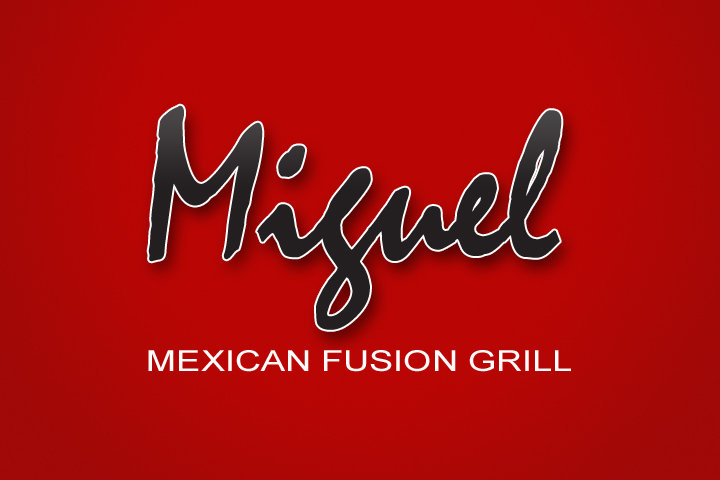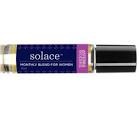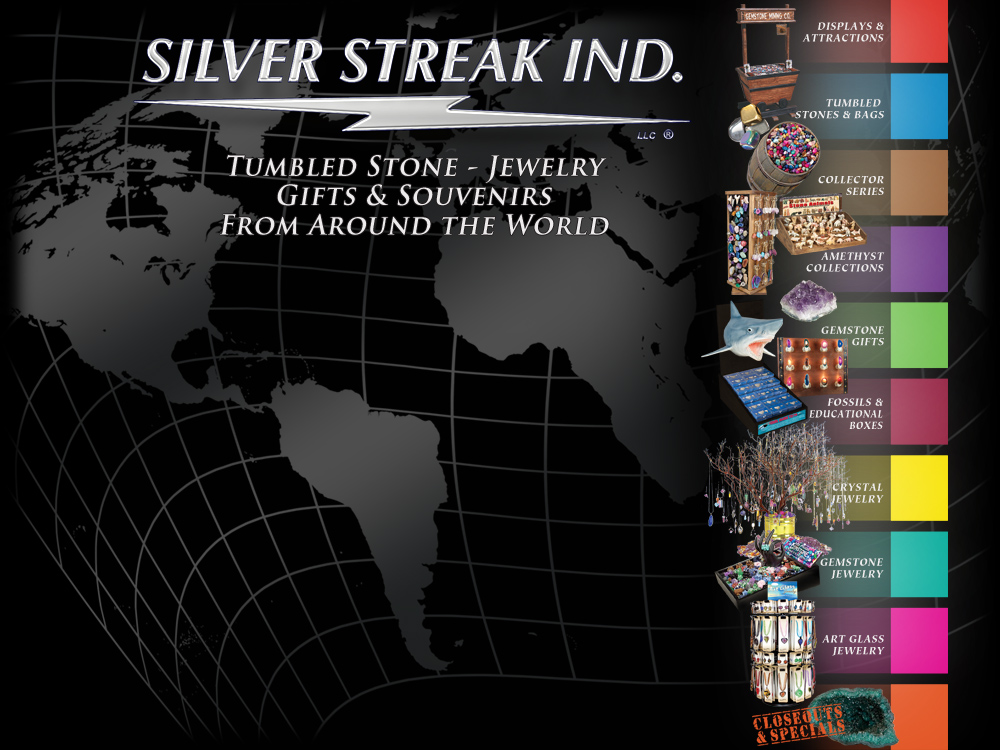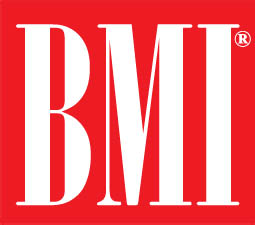Hammond, Indiana – Joe Hand Promotions, Inc. of Feasterville, Pennsylvania has filed a lawsuit in the Northern District of Indiana alleging that Miguel Serrato and Miguel Mexican Fusion Grill, LLC, both d/b/a Miguel’s Mexican Fusion Grill, all of Schererville, Indiana unlawfully intercepted and televised the Ultimate Fighting Championship 139: Mauricio “Shogun” Rua v. Dan Henderson, Championship Fight Program.
 Joe Hand Promotions, a commercial distributor of sporting events, was granted exclusive rights to distribute via closed-circuit television the Ultimate Fighting Championship (“UFC”) Mauricio “Shogun” Rua v. Dan Henderson fight (the “Program”), which Joe Hand Promotions asserts was telecast nationwide on November 19, 2101 [sic].
Joe Hand Promotions, a commercial distributor of sporting events, was granted exclusive rights to distribute via closed-circuit television the Ultimate Fighting Championship (“UFC”) Mauricio “Shogun” Rua v. Dan Henderson fight (the “Program”), which Joe Hand Promotions asserts was telecast nationwide on November 19, 2101 [sic].
In the complaint against Serrato and Miguel’s Mexican Fusion Grill, an intellectual property lawyer for Joe Hand Promotions has alleged such wrongful acts as interception, reception, publication, divulgence, display, exhibition, and “tortuous” [sic] conversion of the Program.
In addition to naming the separate legal entity which apparently owns Miguel’s Mexican Fusion Grill, Joe Hand Promotions has also sued Serrato as an individual, claiming that he had the right and ability to supervise the activities of Miguel’s Mexican Fusion Grill. Joe Hand Promotions asserts that those activities included the unlawful interception of its UFC  Program.
Program.
Serrato and Miguel Mexican Fusion Grill, LLC have been accused of violating 47 U.S.C. § 605 and 47 U.S.C. § 553. The complaint also lists a count of conversion. Joe Hand Promotions seeks statutory damages of $100,000 for each willful violation of 47 U.S.C. § 605; $50,000 for each willful violation of 47 U.S.C. § 553; compensatory and punitive damages on the claim of conversion; costs, including costs incurred for the service of process and the investigation of potential wrongdoing; and attorney’s fees. These claims have been made both against Miguel Mexican Fusion Grill, LLC and as personal liability claims against Serrato.
Practice Tip #1: Joe Hand Promotions has sued two entities: a limited liability company and an individual who is apparently a principal in that company. While limited liability companies are intended, as the name suggests, to limit the liability of the principals, they are not always successful in doing so. Where a principal is personally involved in certain types of illegal activity, legal mechanisms (such as a limited liability company) that are designed to shield the principal from liability may fail to do so.
Practice Tip #2: While on the surface this appears to be a copyright case, an allegation of interception under 47 U.S.C. § 605 is a different cause of action from copyright infringement. However, a suit alleging interception does not preclude an additional lawsuit alleging different causes of action. For example, the copyright holder can also sue for copyright infringement, which could increase damages by as much as $150,000.
Practice Tip #3: In addition to misspelled words, incorrectly numbered paragraphs and an assertion that every page is numbered “Page PAGE 7” [sic], this complaint asserts wrongdoing which occurred on “November 19, 2101.” It is then dated as having been signed on “November 8, 20134.” Such inexactitude is perhaps due in part to Joe Hand Promotions having filed hundreds upon hundreds of similar lawsuits. Nonetheless, at least in this case, such flaws in pleading might present a creative attorney with the opportunity to make at least one novel argument: given that, in this filing it is admitted that more than 18,000 years have passed between the date of the alleged illegal act and the time when the lawsuit was/will be initiated (although all 18,000+ years have yet to occur), the statute of limitations surely has, or will have, run at the time of the filing of the complaint.
 Indiana Intellectual Property Law News
Indiana Intellectual Property Law News







